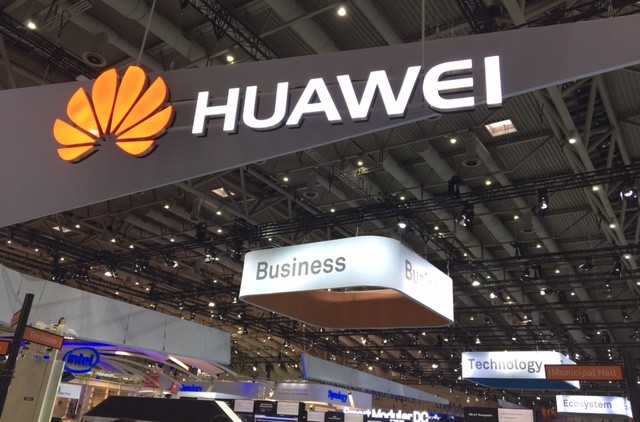

The Czech Republic’s cyber-security authority has warned of the security risks posed by equipment from Huawei and ZTE, the latest country to do so.
Dusan Navratil, director of the Czech National Cyber and Information Security Agency (NCISA), said China’s laws “require private companies residing in China to cooperate with intelligence services, therefore introducing them into the key state systems might present a threat”.
The agency advised system administrators dealing with critical information infrastructure to take “adequate measures” against the threat.
Huawei said it “categorically” denied that it posed any national security threat.
The country’s warning follows moves by Australia and New Zealand to ban Huawei from supplying gear for next-generation networks on national security grounds.
The UK, Germany and Japan have also moved to limit Huawei’s presence in their countries.
The US, meanwhile, is reportedly intensifying pressure on its allies to ban Huawei from their 5G networks, ahead of critical spectrum auctions early next year.
But in some ways, Huawei’s momentum on 5G, which is based on its broad operations in developing areas such as Central Asia and Africa, has remained little affected by the US campaign.
Last week Deutsche Telekom subsidiary T-Mobile Polska launched a pre-commercial 5G network in Warsaw using Huawei equipment. The network uses 3.5GHz spectrum acquired by the telco for testing purposes.
The new network, Poland’s first fully functioning 5G network, runs on four base stations in the city and uses 5G New Radio technology. It is compatible with T-Mobile’s existing 4G infrastructure in the country and paves the way for a commercial rollout next year.
Huawei said recently it had signed 22 commercial 5G contracts and was working with more than 50 carriers on 5G trials.
Alteca in Portugal signed a major 5G deal with Huawei in July and in recent days Malta and Papua New Guinea have both committed to continuing to use the company.
Czech infrastructure provider CETIN has itself signed a memorandum of understanding to work with Huawei on 5G.
Such deals are a reminder that developed economies account for only a fraction of the company’s $92.5 billion (£73bn) in 2017 revenues.
Huawei has grown into the world’s largest telecoms equipment maker and became the world’s second-biggest smartphone maker this year, all while remaining largely locked out of the US market.
The vast majority of the 170 countries in which the company operates are in emerging countries, including China itself.
“We started in developing countries as well like Central Asia, Russia and Africa and then we moved into western Europe,” an unnamed senior Huawei executive said in a recent interview with the Financial Times.
Ironically, the company was founded in the 1980s to help reduce China’s dependence upon imported telecoms gear.
American space agency prepares for testing of Boeing's Starliner, to ensure it has two space…
As UK and Europe develop closer military ties, European Commission says it will invest €1.3…
Zuckerberg seeks to revive Facebook's original spirit, as Meta launches Facebook Friends tab, so users…
Notable development for Meta, after appeal against 2021 WhatsApp privacy fine is backed by advisor…
First sign of shake-up under new CEO Lip-Bu Tan? Three Intel board members confirm they…
Trump's nominee for SEC Chairman, Paul Atkins, has pledged a “rational, coherent, and principled approach”…